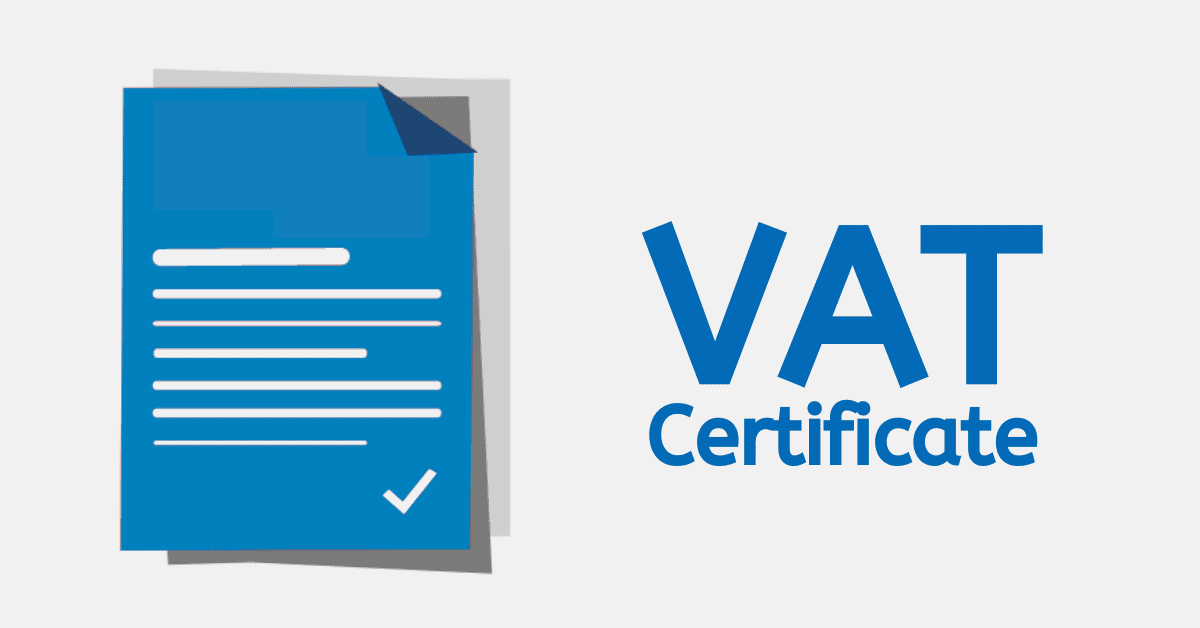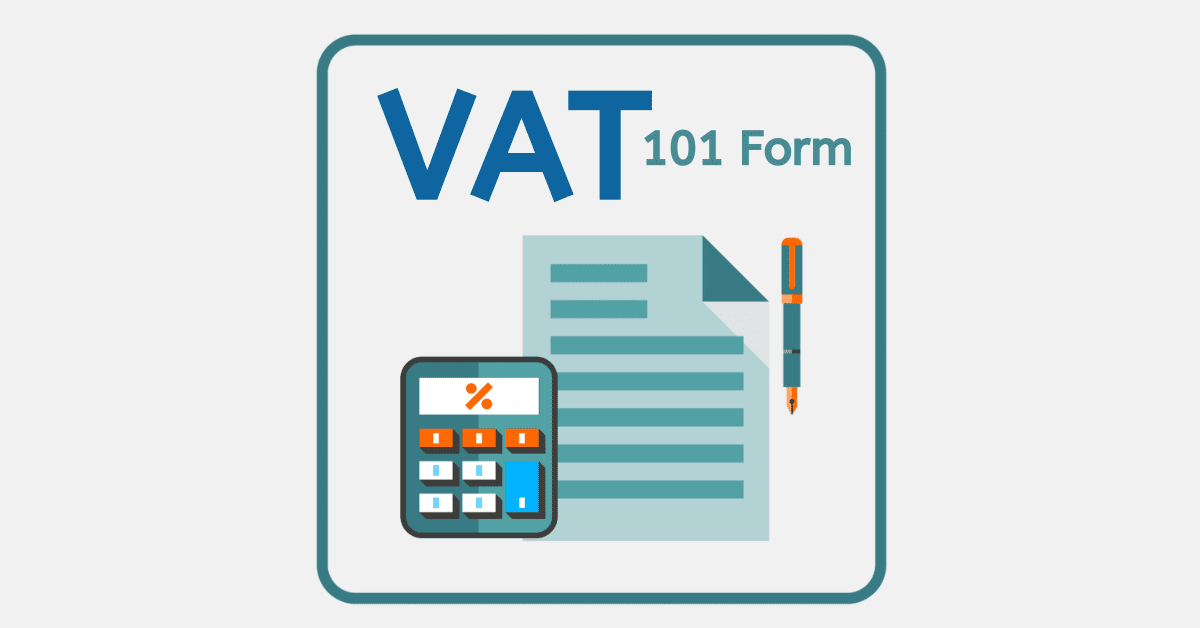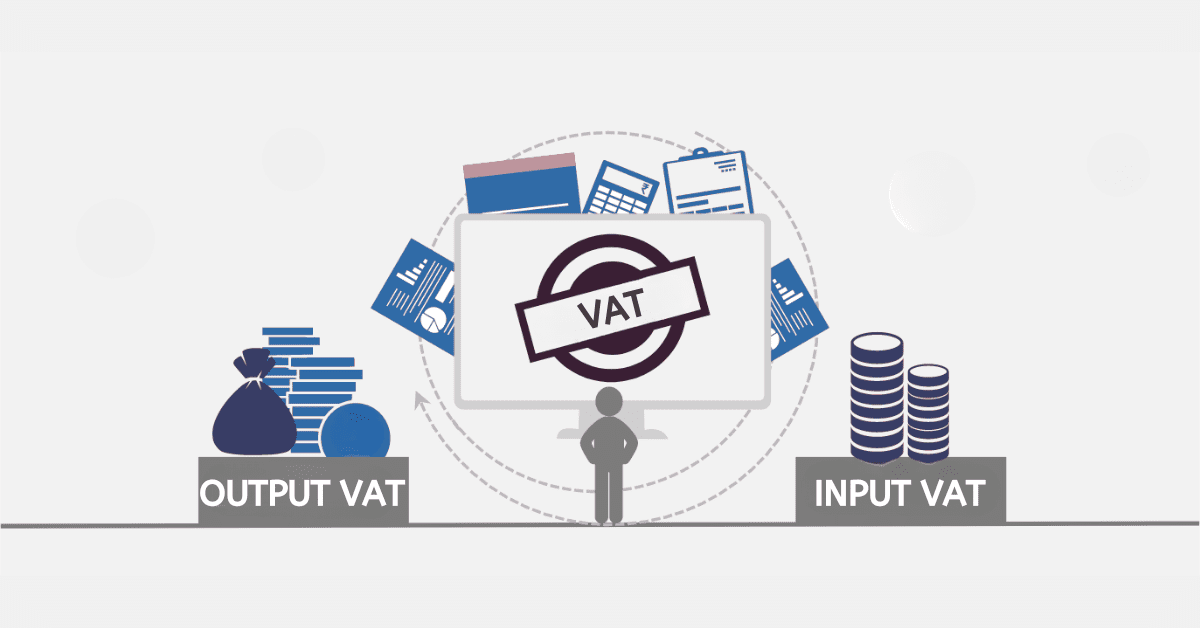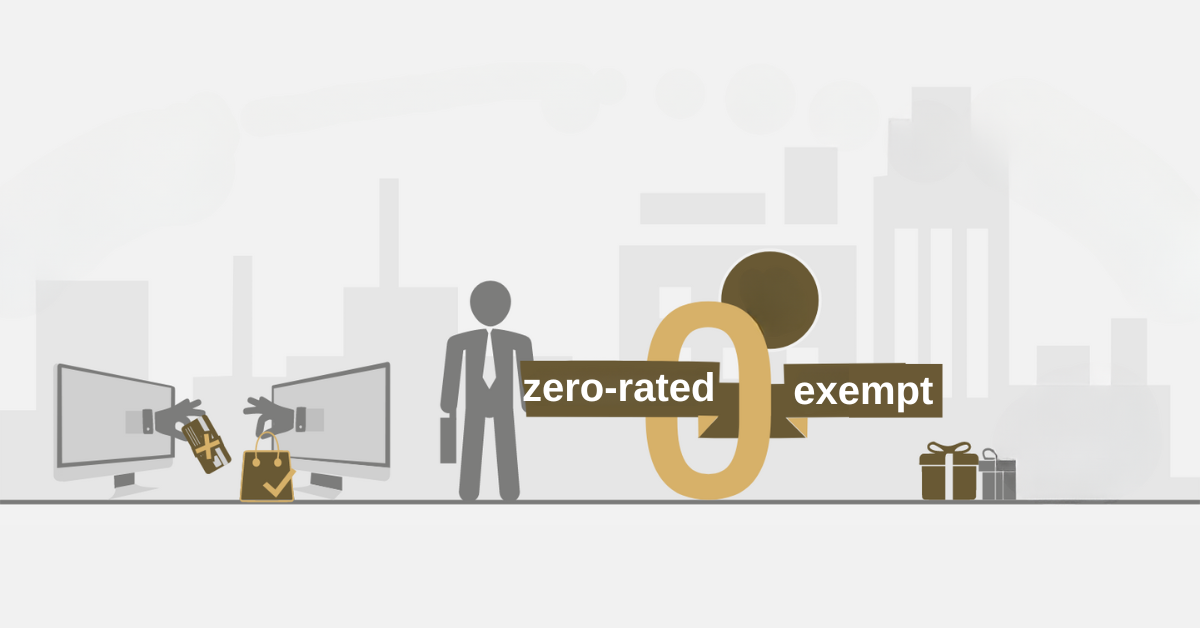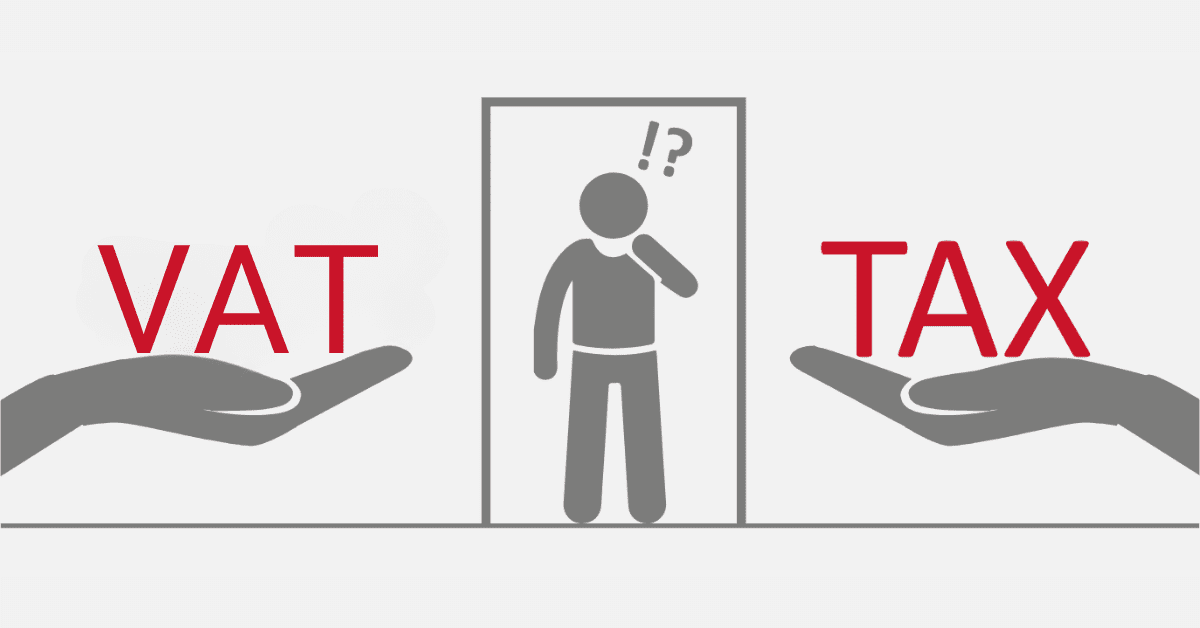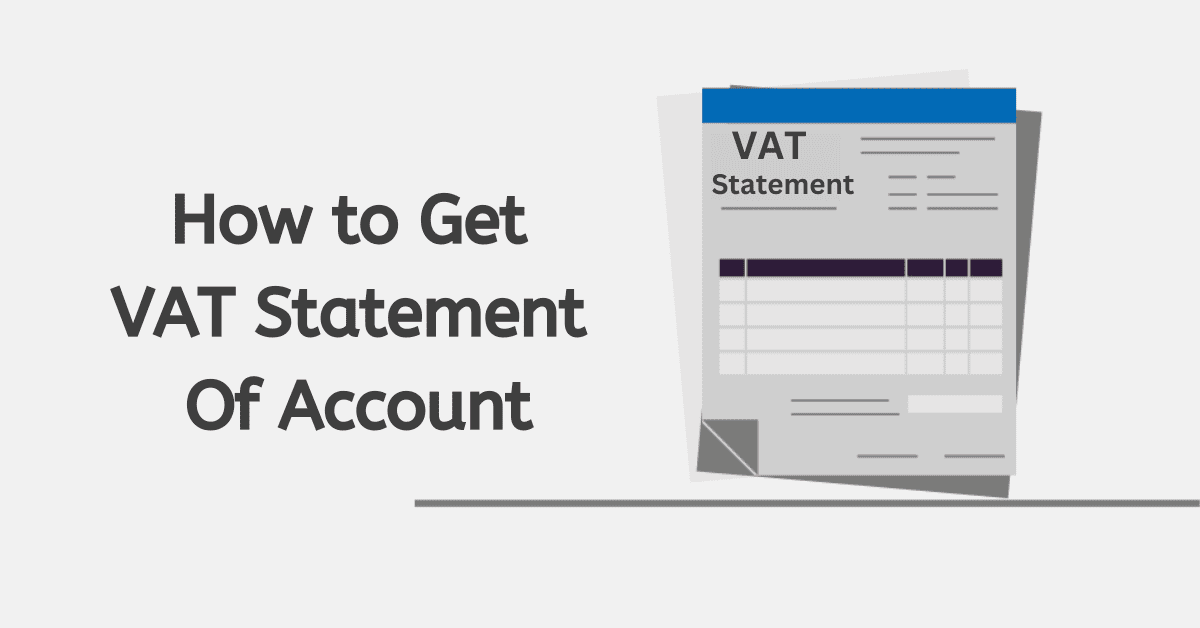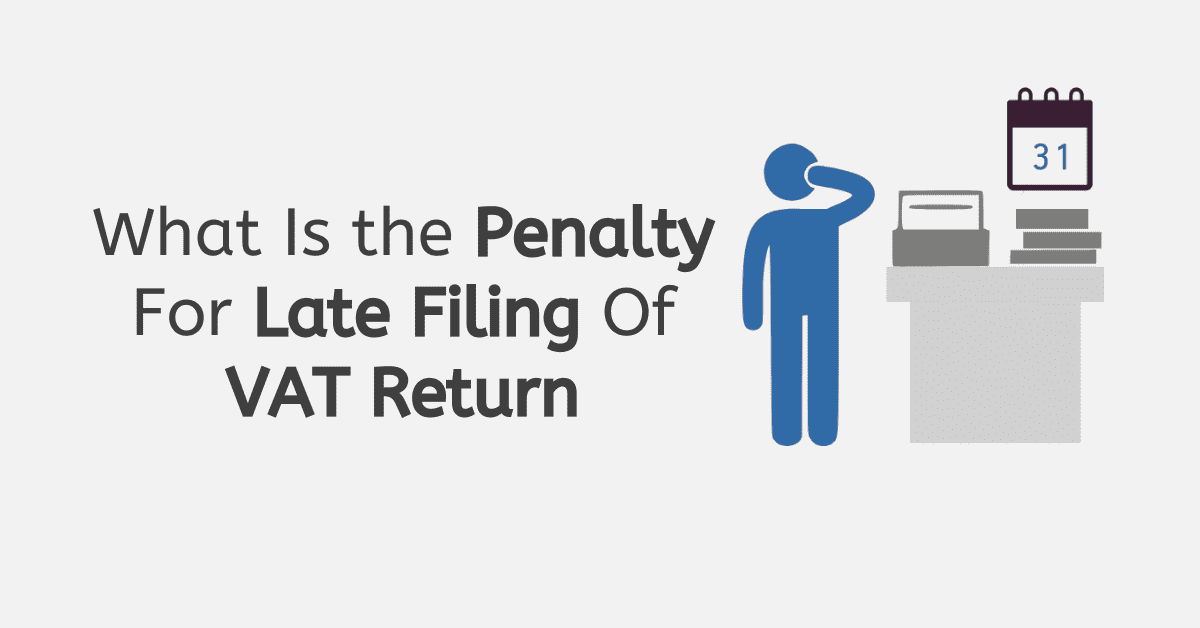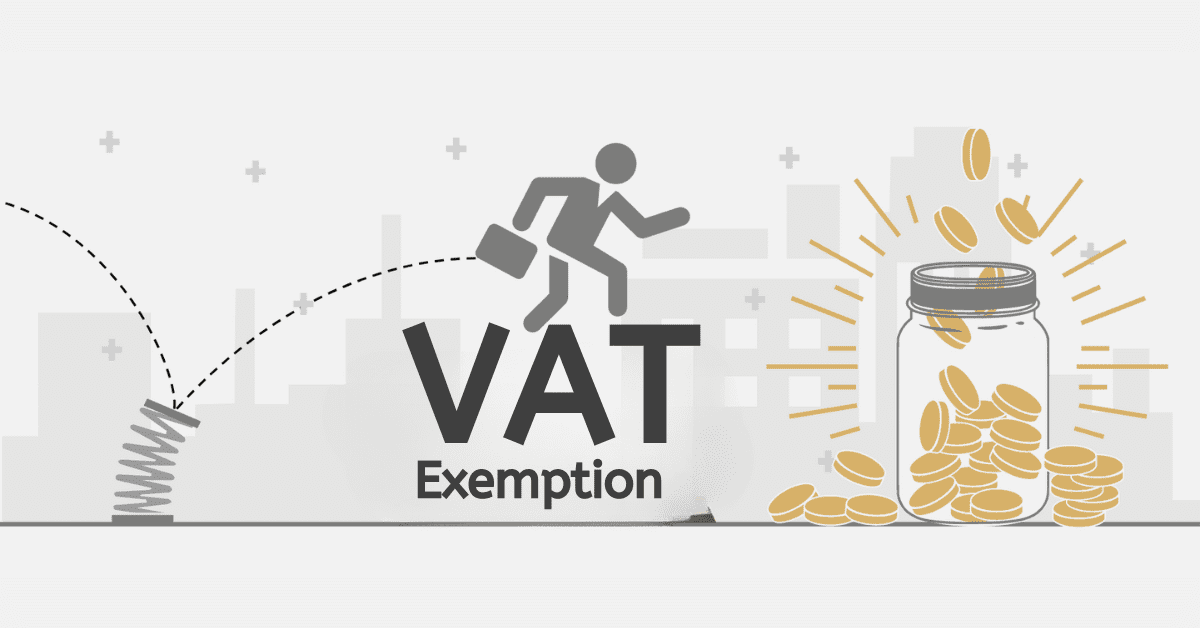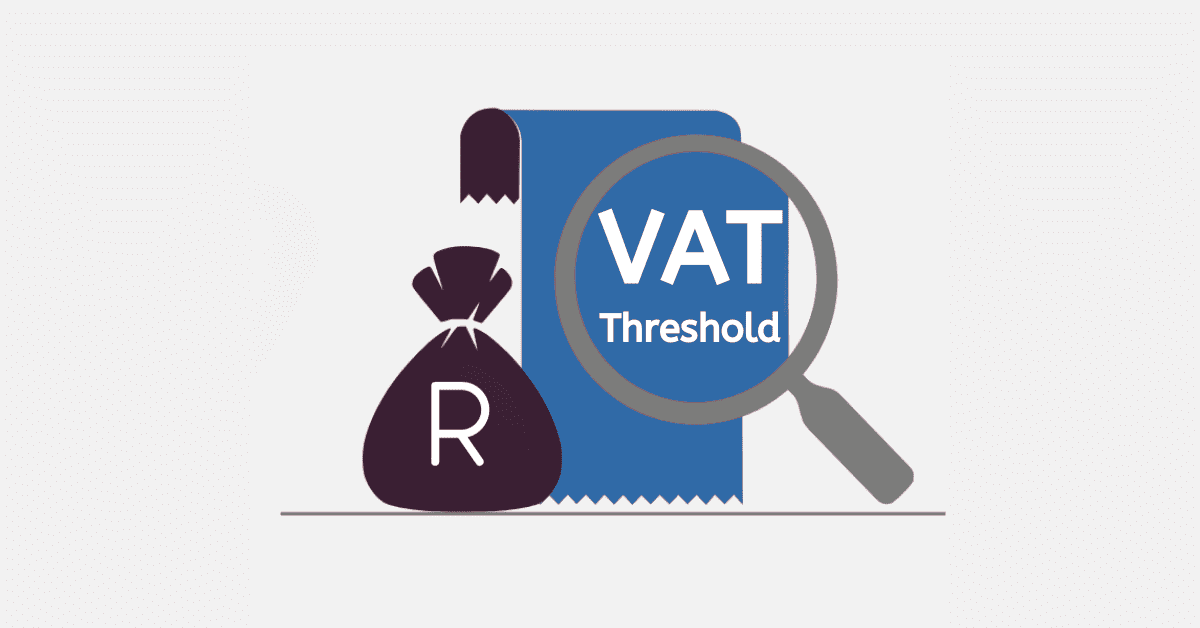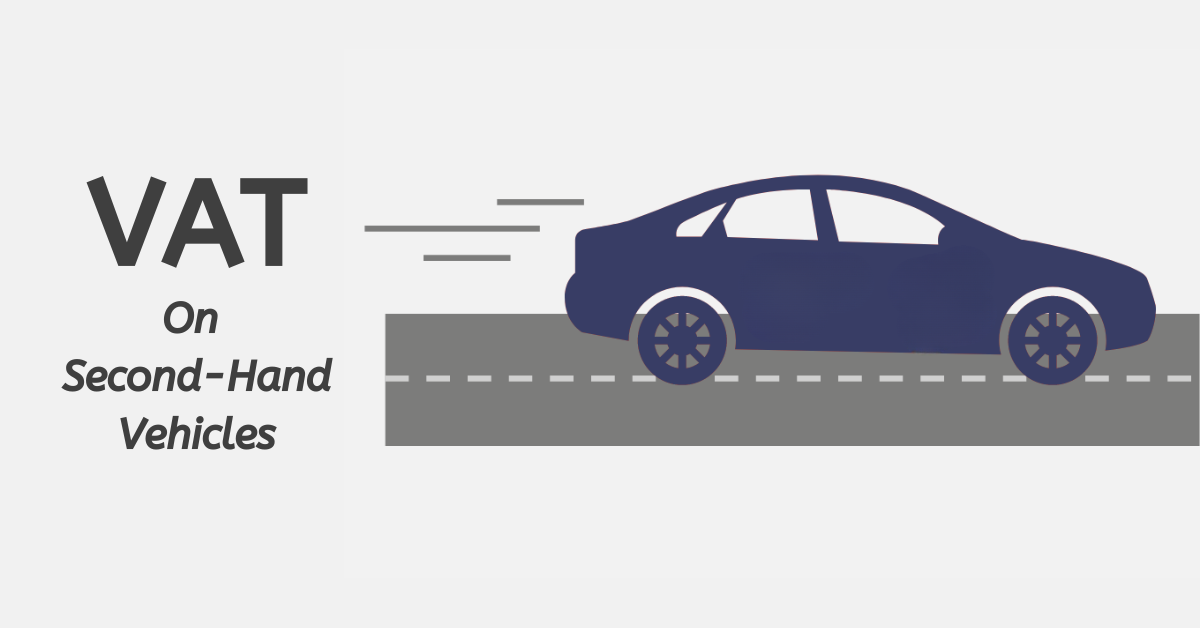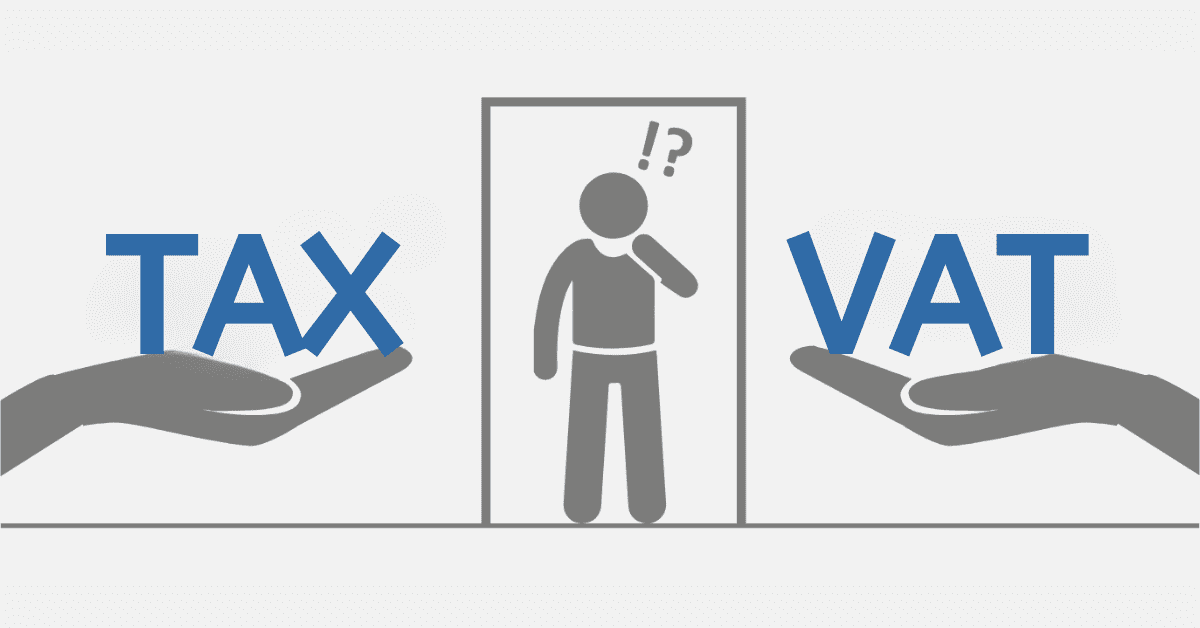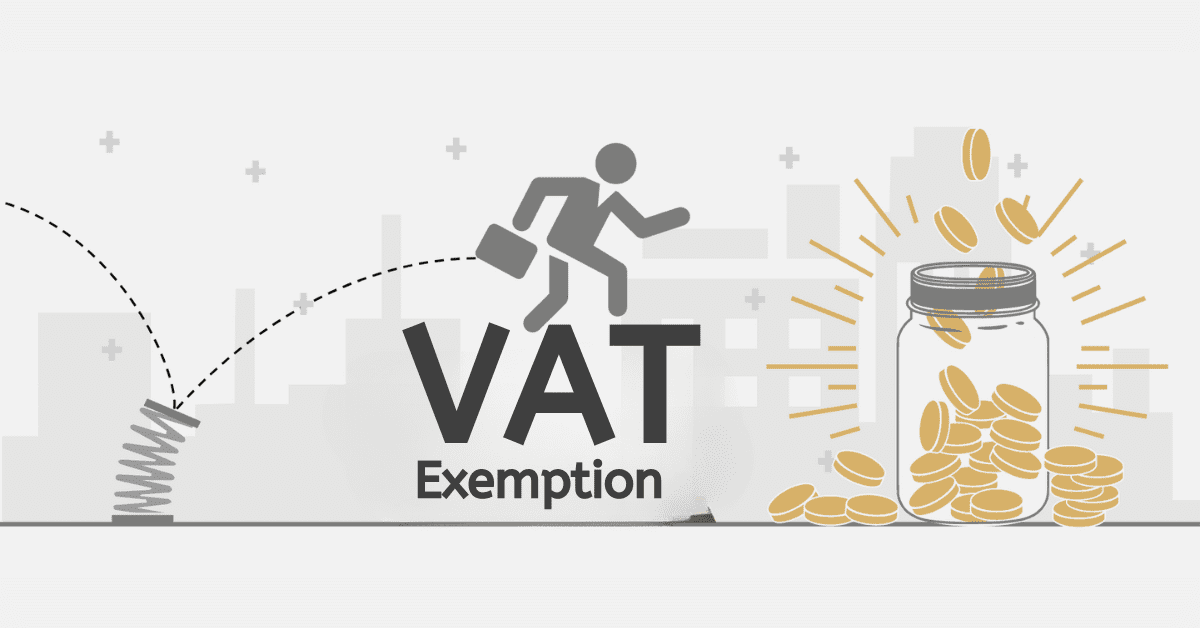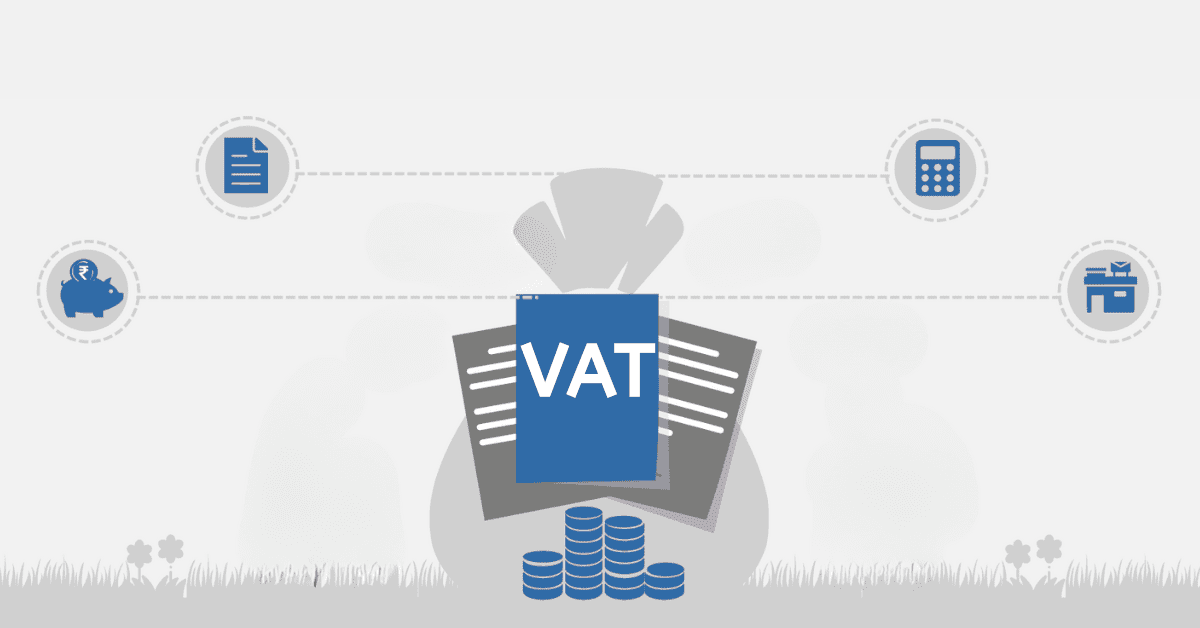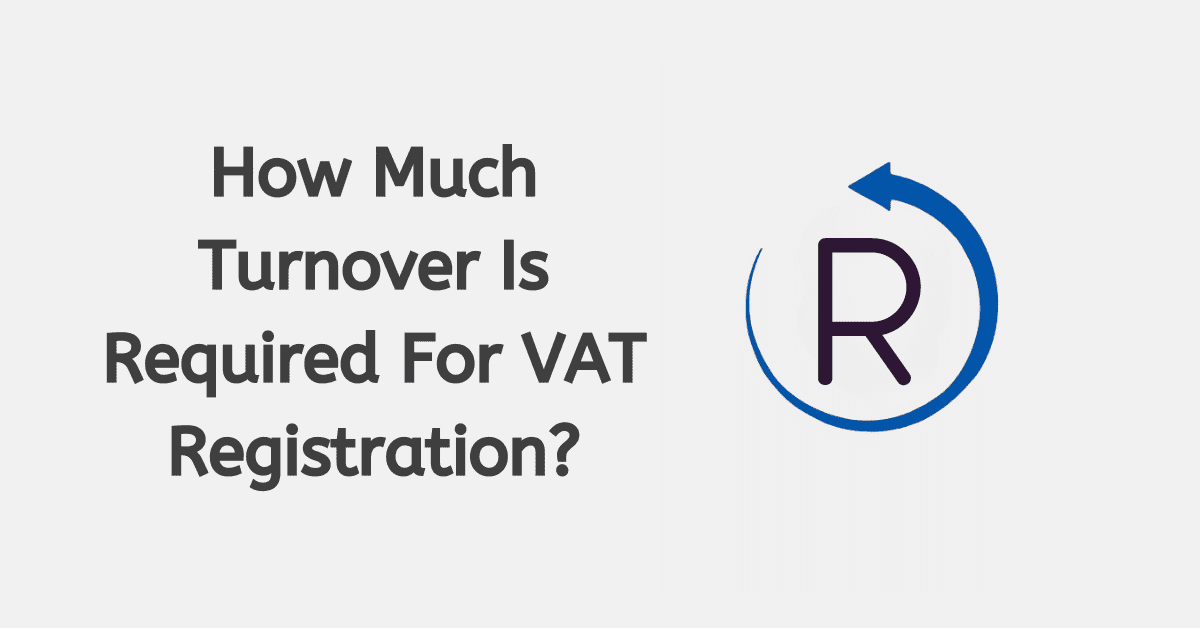According to the South African Revenue Service (SARS) regulations, all businesses with a value of taxable supplies that reach R1 million in 12 months must register for Value-Added Tax (VAT). Failure to register and late payment of VAT will attract a 10% penalty and interest. Therefore, it is imperative to know how and when to register for VAT. This article explains everything you want to know about getting a VAT number in South Africa
How Long Does It Take To Get a VAT Number in South Africa?
Once your business reaches an R1 million threshold, you must submit a mandatory VAT registration application within 21 business days. The registration process usually takes between 10 days and two months. When your application is in order, you will get a VAT number, which you can use when paying your taxes or making general inquiries.
How Do I Get a VAT Number in South Africa?
If you operate an enterprise that deals with supplying goods and services to other people for profit or not, you should register for VAT. Different types of enterprises that can register for VAT in South Africa include individuals, companies, partnerships, trust funds, or municipalities.
To get a VAT number in South Africa, you must first register for through eFiling or a virtual appointment. To register for VAT on the eFiling platform, you need to follow the steps below.
- Create your eFiling profile and log in
- Go through the SARS Registered Details functionality and choose individual portfolio on the left menu. Go to the Organizations menu tab if you want to create the Organizations eFiling portfolio
- On the left menu, choose Maintain SARS Registered Details
- Once the screen is displayed, click on the “I Agree” tab to show that you are authorized to undertake maintenance functions
- Choose VAT under My Tax Products and click Revenue
- Select Add new product registration
- Complete the following details found in the VAT container
- If not pre-populated, add registered particulars
- Liability date
- Trading name
- Choose a business activity code
- Click register when you have completed all the relevant sections
Alternatively, you can also consider the option of a virtual appointment through the SARS eBooking system. Follow the steps below:
- Select appointment channel: Video or telephonic engagement
- Reason category: choose the reason for the appointment, which is VAT registration
To speed up the VAT application process, it is vital to provide the correct documents. If your details are wrong, you are likely to experience delays in getting your VAT number. You can submit the required documents via eFiling or the SARS website. When no risk is identified in your application, SARS will immediately allocate you a VAT reference number.
When Should You Register for VAT in South Africa?
According to SARS, a person operating an enterprise that deals with supplying goods or services for a profit or not in South Africa may register for VAT. It is compulsory to register for VAT when you meet the following circumstances.
- The value of taxable supplies will exceed R1 million in 12 months
- The value of taxable supplies within 12 consecutive months is likely to exceed R1 million or it has exceeded it
If you are eligible for compulsory VAT registration, you should submit your application within 21 days from the day you exceed the R1 million threshold. Non-resident suppliers of specific electronic products and services are also compulsory for VAT registration once their taxable supplies exceed R1 million. Intermediaries can also register for VAT on behalf of non-resident supplies.
You can consider voluntary VAT registration if the value of your taxable supplies has reached R50 000 but less than R1 million in the past 12 months. Voluntary VAT registration applied to the following persons:
- Welfare organizations
- Municipalities
- The person is involved in a specific nature of activity as stated in General Notice R446 published in the government gazette.
- The person involved meets the conditions and requirements outlined in General Notice R447 published in the Government Gazette.
Depending on your business, you should ensure that it complies with the VAT requirements and regulations. If you fail to register for VAT when you should do so, you will be liable for a penalty. If you are not sure about when to register for VAT, it is a good idea to consult a professional to handle your tax obligations to ensure compliance.
What Documents Are Required for VAT Registration in South Africa?
To register for VAT in South Africa, you need the following documents:
- Business registration details
- Business bank account information
- Unique tax reference number
- Nature of business
- Information about your turnover
- Proof of South African residence (physical address), postal address, and other contact details
Be sure to provide accurate details to prevent delays in the processing of your VAT application. If your details are incorrect, you may be asked for resubmission.
How Do I Check My VAT Registration Status in South Africa?
When you submit your application for VAT registration, the process can take between 10 days and two months depending on the accuracy of your documents and the volumes of applications. The good thing is that you can check your VAT registration status via the eFiling system by following the steps below.
- When you visit the eFiling site, a VAT Vendor Search page appears, and you can select from several options available.
- Input your VAT registration number and business trading name
- Your results will be displayed on the screen. You can save or print them for future reference
If your business reaches the VAT threshold, you are entitled to register it so that you can pay appropriate taxes to avoid penalties. The threshold for VAT is R1 million, so you should register within 21 business days of reaching it. You can also consider voluntary VAT registration if your enterprise has a turnover of R50 000 but less than R1 million. It usually takes 10 days up to about two months to get your VAT registration number. Make sure you provide the correct documents on your application to avoid delays.
